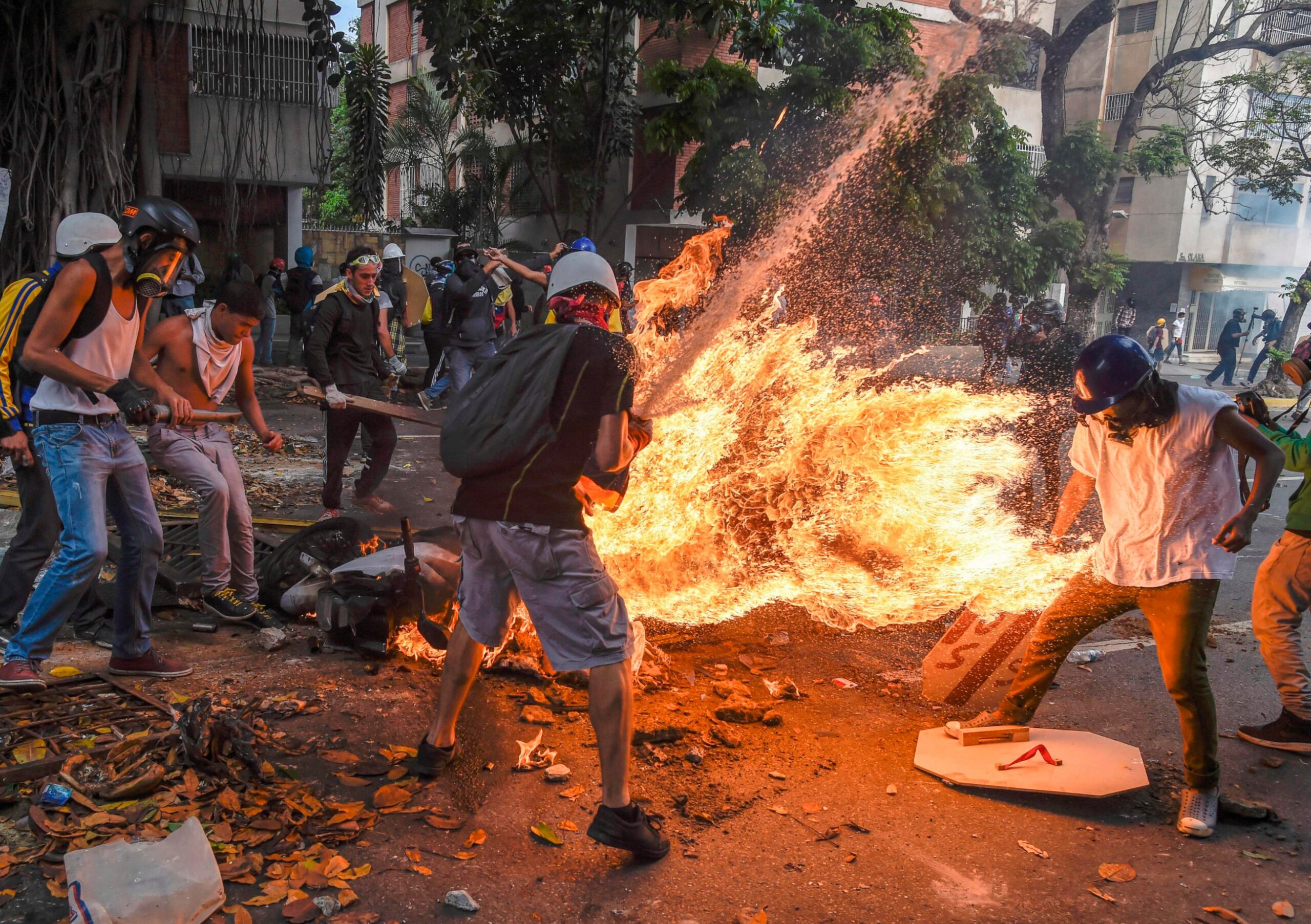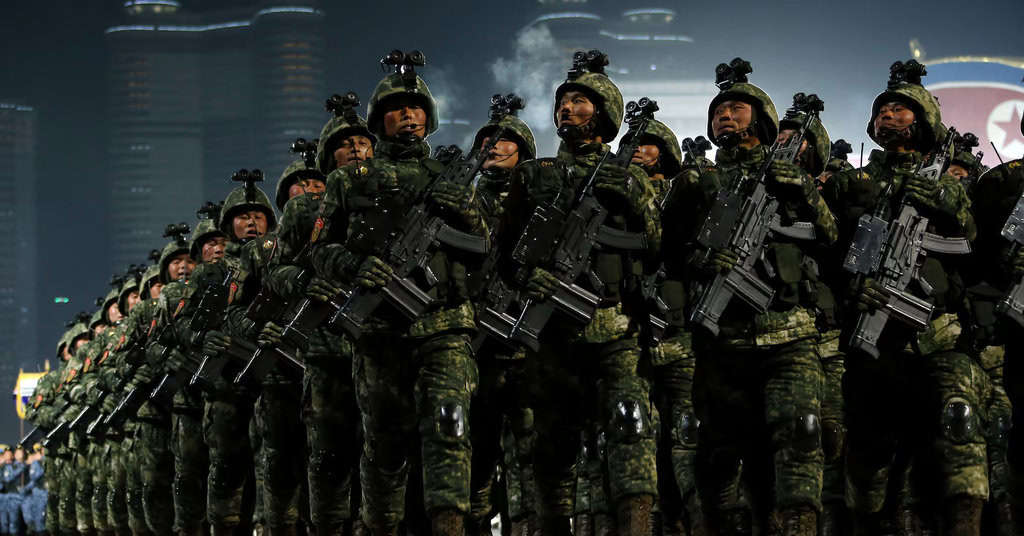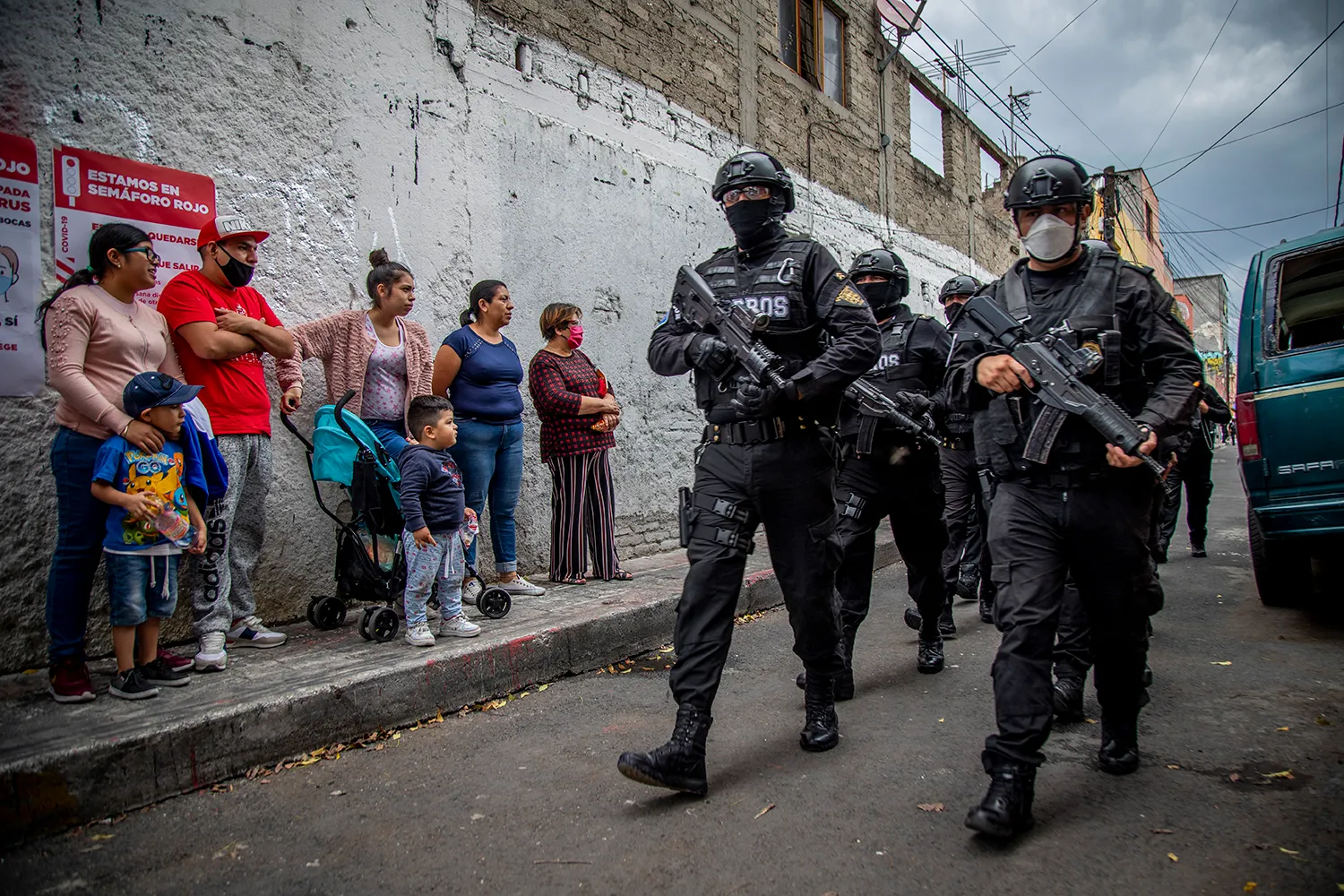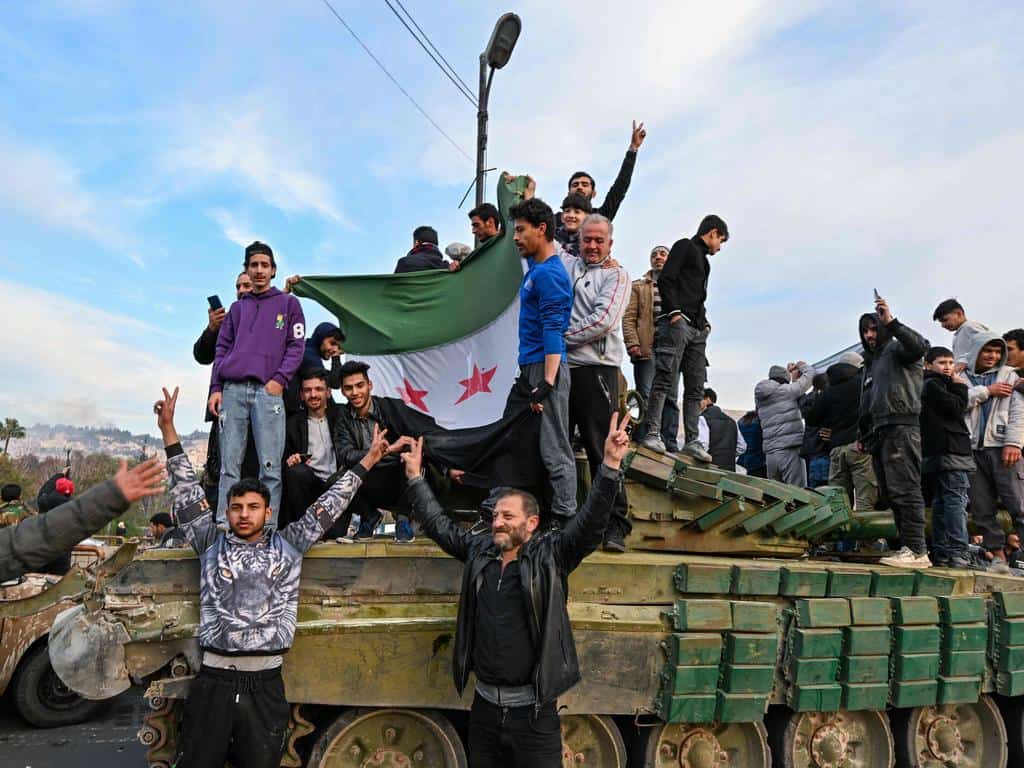New Legislative Measures Targeting Opposition
In the wake of Venezuela’s highly contested 2024 presidential election, President Nicolas Maduro is advancing a new law aimed at cracking down on what he labels as “fascist” political groups. Addressing the Venezuelan Congress, Maduro emphasized the need for legislation that would allow the government to ban political parties and actors deemed to support fascism, neo-fascism, or related ideologies. This proposed law has sparked widespread concern, especially given Maduro’s history of labeling the opposition alliance, the Unitary Platform, as “fascist” and “far-right.”
Government Power to Curb Opposition
The legislation, fully supported by Maduro, grants the government the authority to impose fines of up to $100,000 on companies that disseminate information perceived as promoting fascism or that financially support such groups. In his speech, Maduro condemned the Unitary Platform, stating, “We are facing malevolent, fascist people. Fascism is hatred, intolerance turned into violence.” He urged the National Assembly to expedite the passage of this law, highlighting its importance in combating what he perceives as a growing threat.
Election Aftermath and Accusations of Repression
Venezuela’s presidential election on July 28, 2024, was marred by allegations of political repression, arbitrary detentions, and the disqualification of opposition leader Maria Corina Machado. Despite these controversies, the National Electoral Council (CNE) declared Maduro the winner on July 29, prompting widespread protests. These demonstrations were met with violent responses from state authorities and pro-Maduro armed civilian groups known as Colectivos, resulting in at least one death.
Crackdown on Opposition Leaders and Protesters
In the weeks following the election, the Venezuelan government intensified its crackdown on opposition leaders and protesters. Several political figures were arrested by security forces, including members of the Bolivarian National Intelligence Service (SEBIN), which had previously detained key figures in Machado’s campaign. The United Nations reported that over 1,260 people were arrested, including more than 100 children, who were detained without parental supervision, a clear violation of international law.
International Repercussions and Diplomatic Tensions
The international community has not remained silent in the face of Venezuela’s escalating crisis. Argentina, Chile, and Peru saw their diplomatic staff expelled from Venezuela after their leaders condemned the election results. Argentina’s expulsion led to a diplomatic standoff, as six Venezuelan asylum seekers were residing in the Argentine embassy in Caracas. This situation sparked criticism from Argentina’s representative to the Organization of American States (OAS), who accused Maduro’s government of jeopardizing the safety of the asylum seekers.
Opposition Claims Election Fraud
The opposition has challenged the election results, publishing 80 percent of the tally sheets from polling stations nationwide, which indicate a victory for opposition candidate Edmundo González Urrutia with 67 percent of the vote. These claims are supported by an exit poll conducted by Edison Research, which projected a similar outcome. Despite this, the CNE has yet to release official documents verifying Maduro’s victory, fueling ongoing protests and international calls for transparency.
Call for International Pressure
In response to the growing unrest, the Democratic Initiative Group of Spain and the Americas (IDEA) has urged nations such as Brazil, Mexico, and Colombia to press the Venezuelan government to release the election records. These countries, led by leftist presidents with close ties to Maduro, have so far been reluctant to condemn the election results. However, IDEA is calling on them to act as mediators and push for the publication of the contested voting records.
Continuing Efforts to Overturn Election Results
As the opposition continues to challenge the election outcome, Maduro’s regime has launched investigations into opposition leaders Maria Corina Machado and Edmundo González, accusing them of inciting military and police defection. Additionally, Venezuela’s Attorney General’s Office has claimed that Machado was involved in a cyberattack against the CNE, further intensifying the political crisis.





